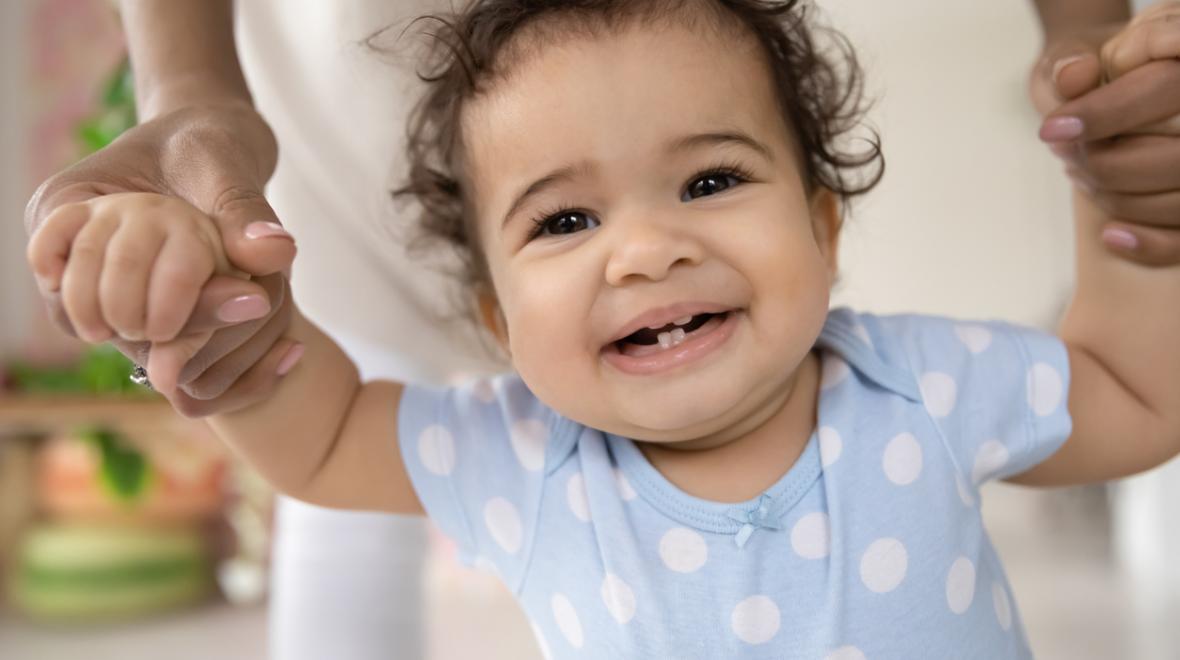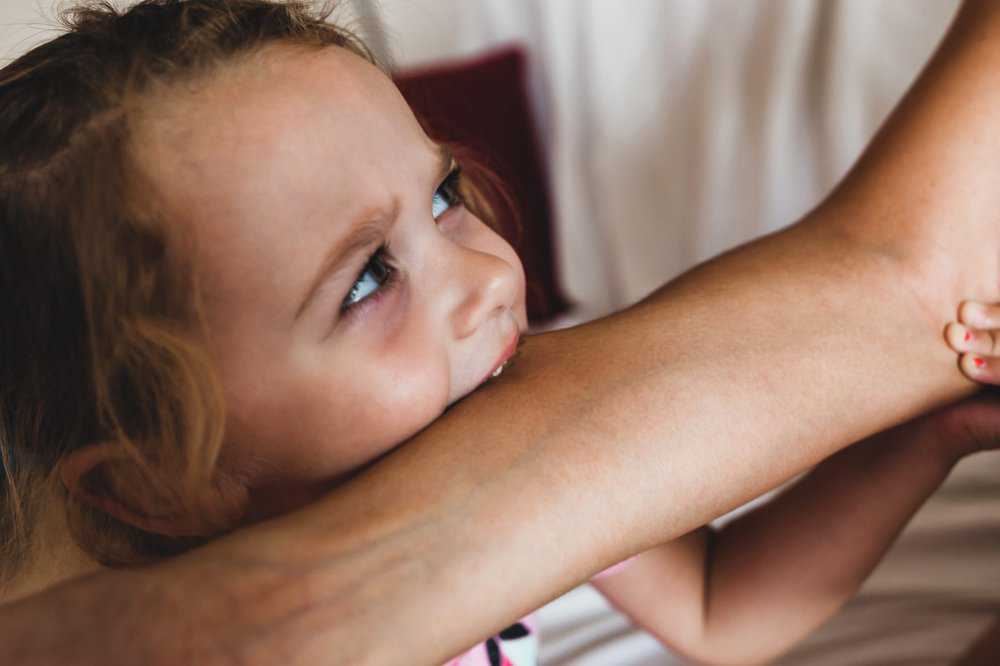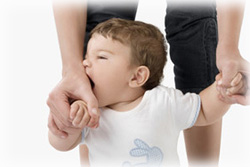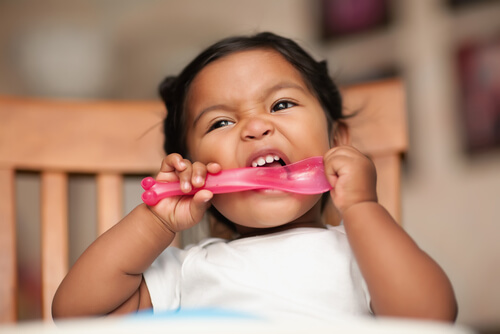First Class Info About How To Deal With A Biting Toddler
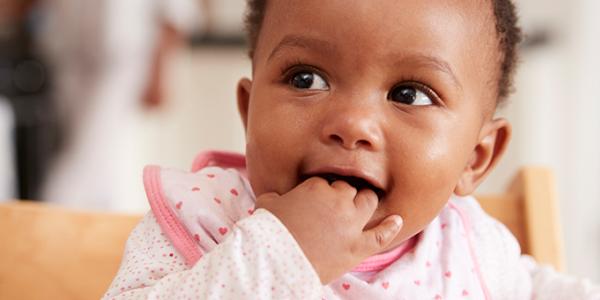
Web sometimes, shortening activities or giving your child a break can help prevent the rising frustration that can lead to biting and other bad behaviors.
How to deal with a biting toddler. Shadowing when you identify a child in your class as. Talking with your child about biting, and how it makes the other person feel, is a great place to begin to help your child understand. Web if you feel like you need help in dealing with a biting situation, you might want to get advice from a professional.
Talk to parents about how to support their child to. Web express disapproval of biting, not the child. Web start to encourage your child to do something other than biting by saying, “use your words.” then suggest phrases such as “i’m angry.” or “i had that first.”.
Web address your child with a firm no biting! or biting hurts! keep it simple and easy for a toddler to understand. Make it clear that biting is wrong, but avoid lengthy explanations. Web if a child has bitten previously, take more time to share your methods of dealing with the child in the immediate aftermath.
So stay tuned to your. “hug the bear,” “pet the kitty,” “love the doll.”. Never respond to the biter with physical or verbal aggression.
Web besides delving into the roots of the problem, encourage more gentle play: Web however, you must intervene when children get into a physical fight that continues even after they're told to stop, or when one child seems to be in an uncontrollable rage and is. Talk to your gp or child and family health nurse.
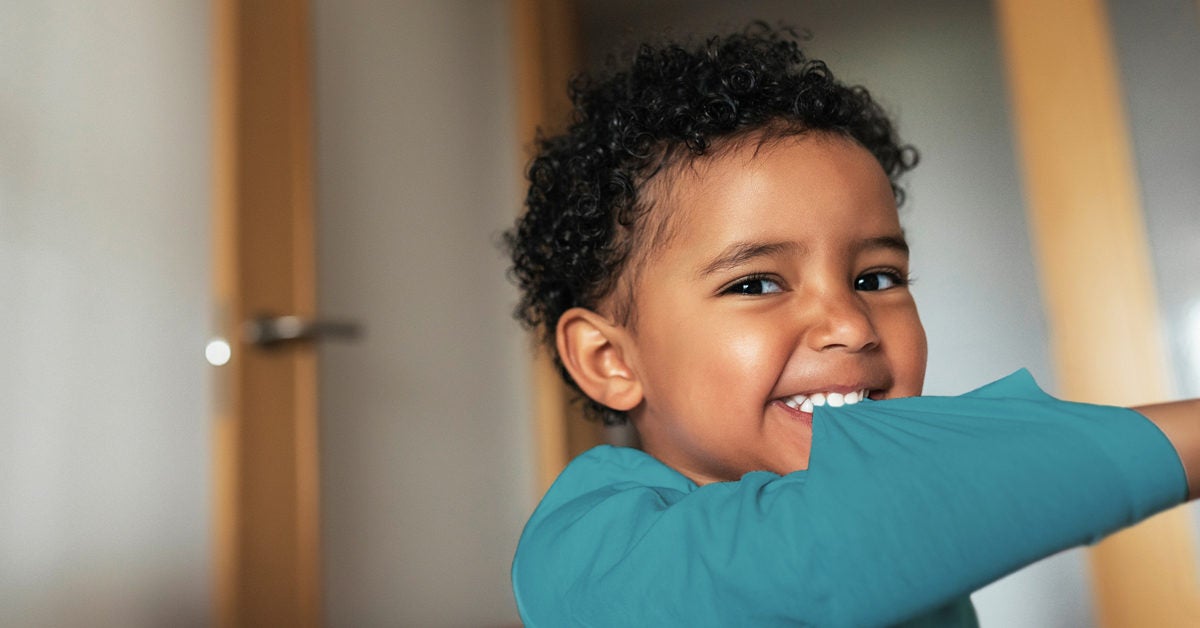

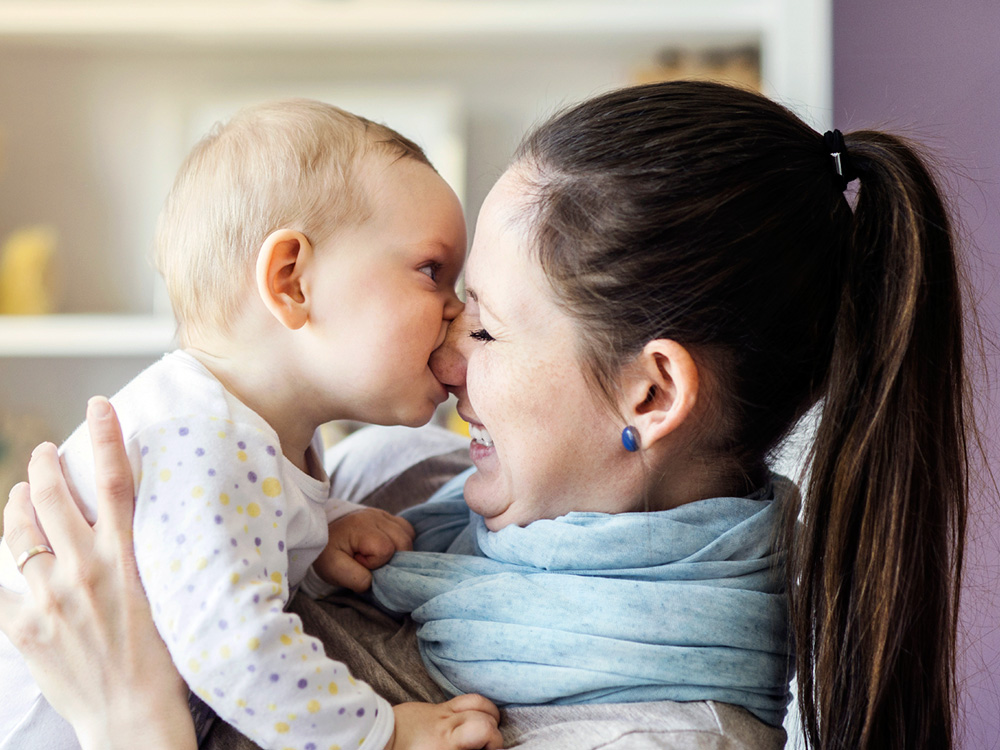

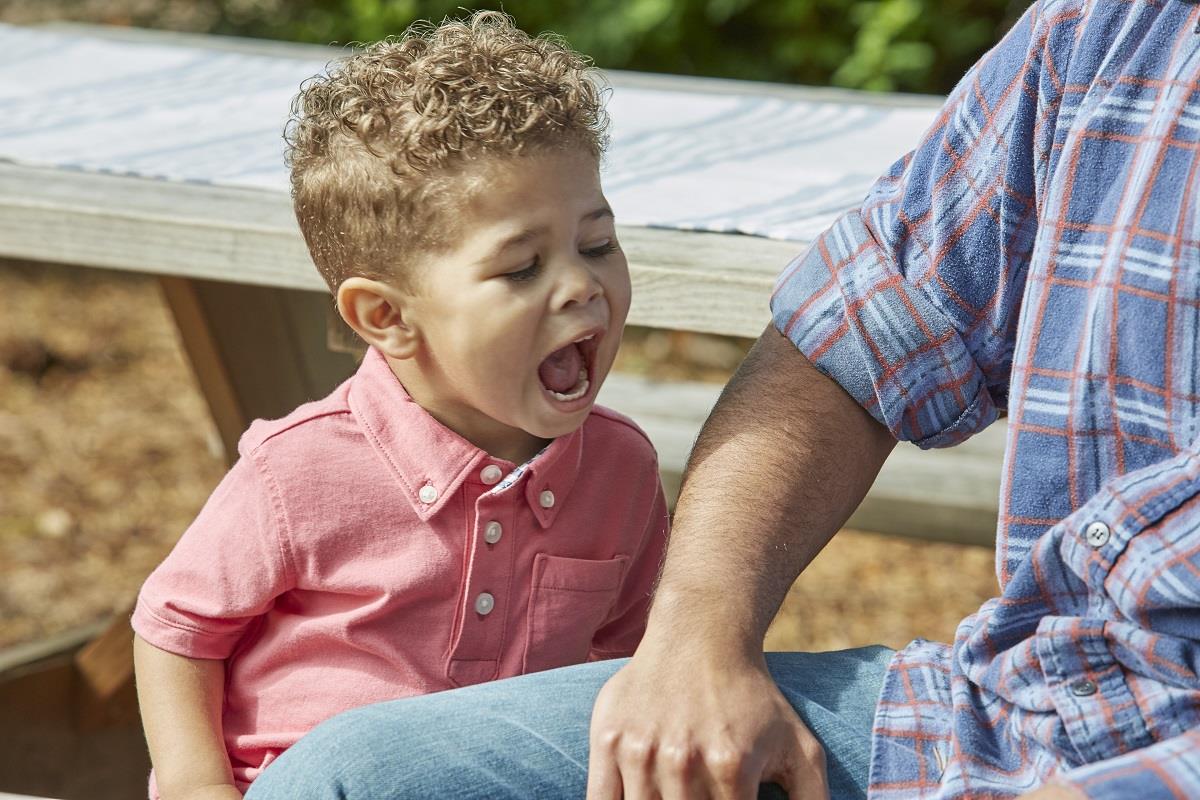
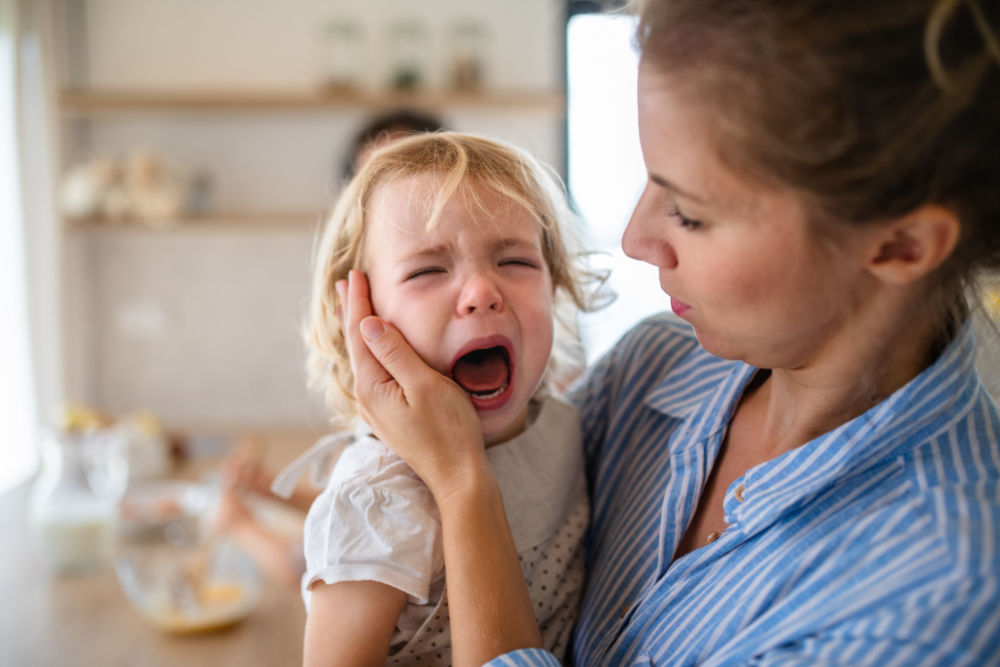
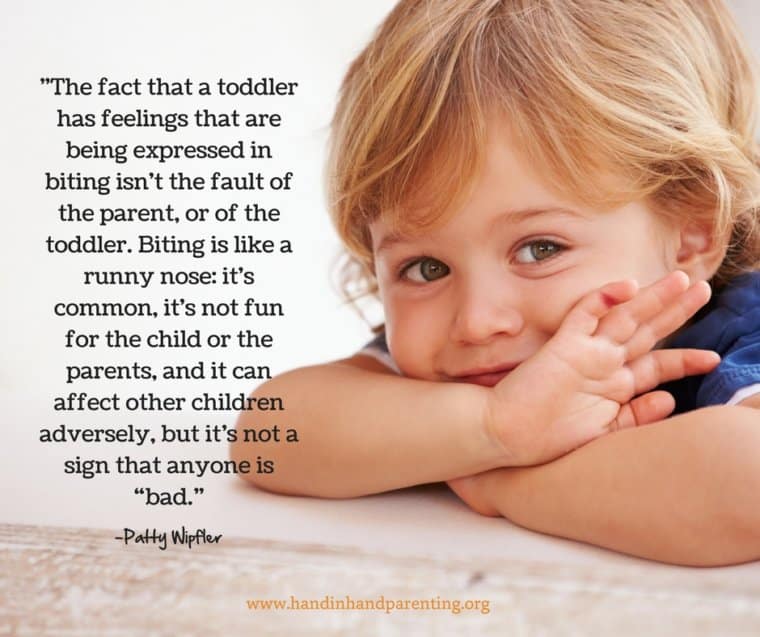
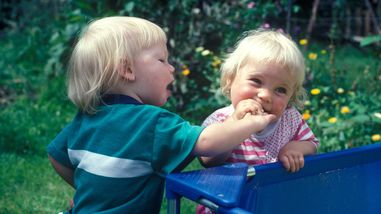


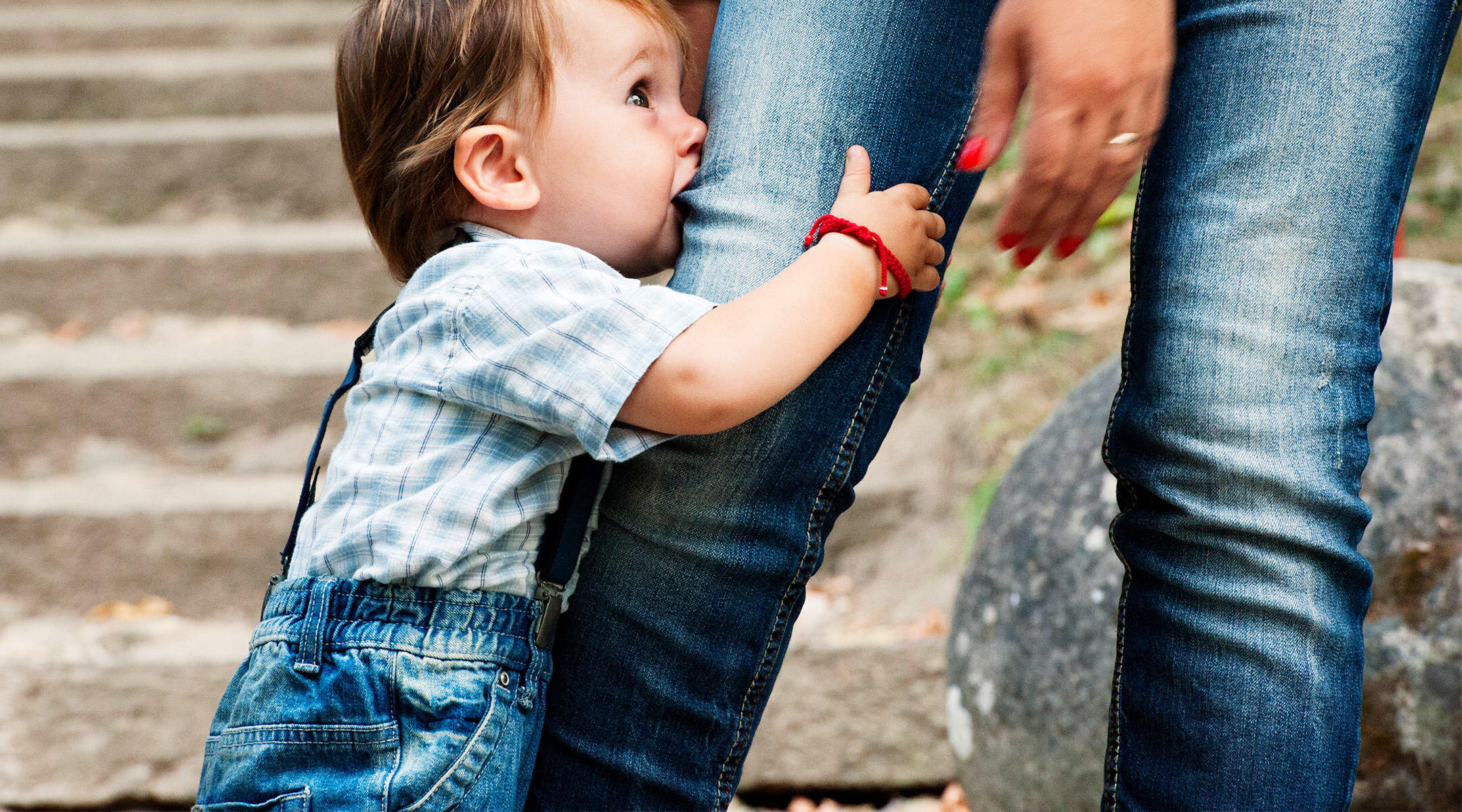
/happy-toddler-girl-pulling-a-face-597067947-595804215f9b58843fe217b9.jpg)

